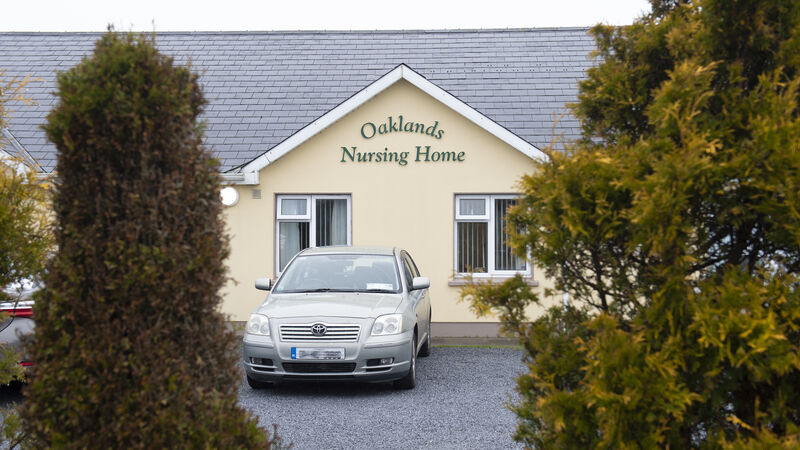HIQA needs more powers to protect our vulnerable nursing home residents

The Oaklands Nursing Home in Listowel was closed after its running was branded as chaotic. Eight residents died and many at the home contracted Covid-19 in early November. What this case and the recent ‘Irish Examiner’ editorial show is the urgent need for regulatory reform, writes Mary Dunnion.
The recent Irish Examiner editorial ‘Constant vigilance is needed’ (26 November 2020) in nursing homes raises a valid point. In order to protect the safety and welfare of residents, swift action is required.
Our priority in HIQA has always been to protect the health and safety of people using services.













